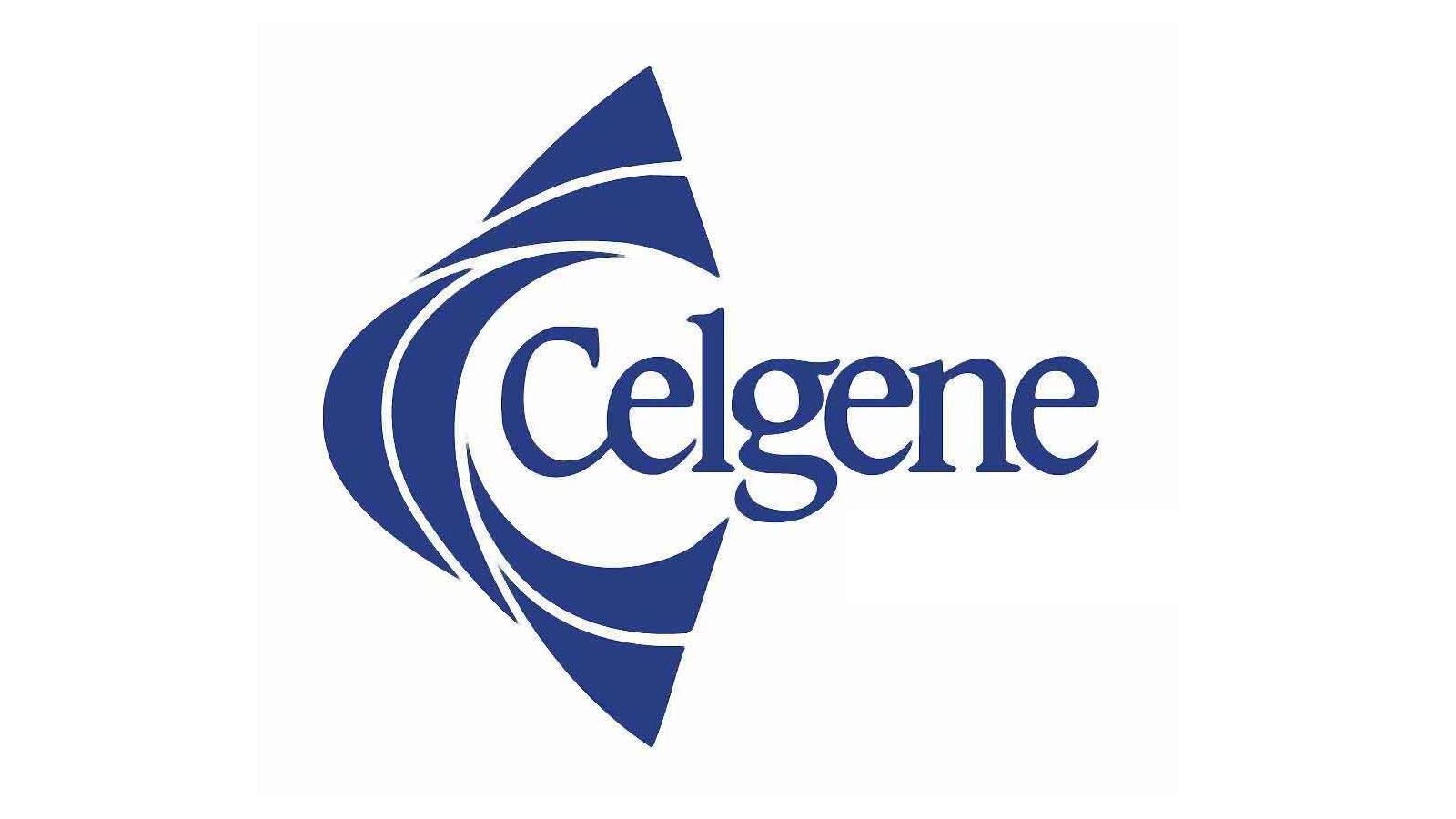NICE recommends Celgene pancreatic cancer drug

NICE has recommended regular NHS funding for Celgene’s advanced pancreatic cancer drug Abraxane in certain patients, after the manufacturer submitted evidence and offered a price cut, reversing a negative decision from 2015.
Campaigners had been calling for NICE to recommend funding for Abraxane (nab-paclitaxel) because of a lack of treatment options.
Following the decision, Abraxane will be made available immediately to patients via the Cancer Drugs Fund (CDF) in first-line treatment of adult metastatic pancreatic ductal adenocarcinoma. The CDF covers costs of oncology medicines until the NHS makes formal arrangements.
Final draft guidance from NICE cited recent data showing that the drug increased median overall survival by 2.1 months to 8.7 months.
However, NICE's independent committee noted that it is less effective than the chemotherapy combination known as FOLFIRINOX, and similarly effective to gemcitabine and capecitabine, another established chemotherapy treatment.
The committee also noted that study evidence showed a potentially higher risk of adverse events such as low white blood cell count compared with gemcitabine as monotherapy or in combination with capecitabine.
But despite this, a new cost-effectiveness analysis and confidential price cut from Celgene was enough to convince the committee that Abraxane should be funded by the NHS.
Costing between £41,000-£46,000 per Quality Adjusted Life Year, NICE said Abraxane is cost-effective because of extra leeway given to drugs taken at the end of a patient’s life, when compared with gemcitabine monotherapy.
NICE also said that clinicians could identify patients for whom other chemotherapies would be unsuitable, but for whom Abraxane could be considered.
Because of the evidence showing it is not as effective as FOLFIRINOX and the gemcitabine combination therapy, NICE said it is recommended for patients for whom other combination chemotherapies were unsuitable, and who would otherwise have gemcitabine monotherapy.
Ali Stunt, founder and CEO of the charity Pancreatic Cancer Action, said: “With an average life expectancy of just two to six months post diagnosis, potentially life-extending treatment options are invaluable for people with metastatic pancreatic cancer.”
“NICE’s decision to expand available treatment options will be welcomed by those patients and their families. We are pleased that Celgene, the patient community and NICE have worked together to reach this positive outcome for patients.”












